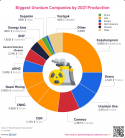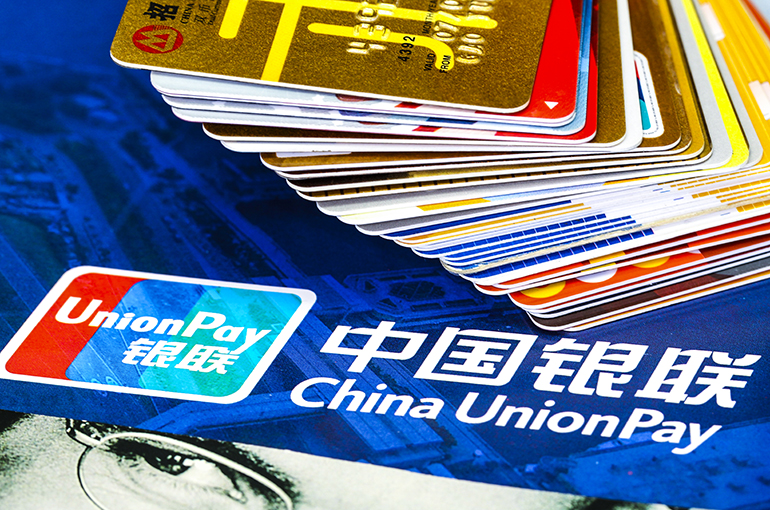The real situation is very simple. Guizhou historically has been one of the poorest provinces in China. It is surrounding by mountain with no flatland. In an attempt to alleviate extreme poverty and develop, Guizhou in the last decade has been aggressively pursued many radical projects and developments.
Guizhou has been successfully in becoming a data center for many major IT companies and hydropower exports. Guizhou most important exports are white alcohol with tea, lighters and guitar round up the rest. Other than these, Guizhou also aggressively tried to develop tourism and infrastructure such as bridges, high speed railway, and highway. For the last decade or so, Guizhou has enjoyed a period of rapid economic growth.
However, in the process of rapid developments, Guizhou has become over reliance on land sales. Unlike Xinjiang and Tibet, the central government didn't pour in unlimited resources or willing to foot all the bills. Financial aids and poverty alleviation funding are generous but not unlimited. Therefore, Guizhou has accumulated too much debts in the process of pursuing rapid growth.
Such debts wouldn't be a problem if the economy didn't slow down more rapidly than expected during the pandemics. Consequently, Guizhou is in a very bad shape at the moment.
In addition, there are a lot of white elephant projects especially for the tourism industry. Guizhou has spent too much resources on many tourism projects that would never break even. Poverty alleviation projects also misused funding for areas that no prospect of attracting or retaining population. Of course, corruption play an important role of such white elephant and wasteful projects.
Guizhou's debt isn't a problem for the central government. The central government can easily fix the problem with more funding but it has moral hazard issue that the central government doesn't want to bailout Guizhou until Guizhou has tried and exhausted all channels and cut back all fats and endured some pain.
Guizhou has been successfully in becoming a data center for many major IT companies and hydropower exports. Guizhou most important exports are white alcohol with tea, lighters and guitar round up the rest. Other than these, Guizhou also aggressively tried to develop tourism and infrastructure such as bridges, high speed railway, and highway. For the last decade or so, Guizhou has enjoyed a period of rapid economic growth.
However, in the process of rapid developments, Guizhou has become over reliance on land sales. Unlike Xinjiang and Tibet, the central government didn't pour in unlimited resources or willing to foot all the bills. Financial aids and poverty alleviation funding are generous but not unlimited. Therefore, Guizhou has accumulated too much debts in the process of pursuing rapid growth.
Such debts wouldn't be a problem if the economy didn't slow down more rapidly than expected during the pandemics. Consequently, Guizhou is in a very bad shape at the moment.
In addition, there are a lot of white elephant projects especially for the tourism industry. Guizhou has spent too much resources on many tourism projects that would never break even. Poverty alleviation projects also misused funding for areas that no prospect of attracting or retaining population. Of course, corruption play an important role of such white elephant and wasteful projects.
Guizhou's debt isn't a problem for the central government. The central government can easily fix the problem with more funding but it has moral hazard issue that the central government doesn't want to bailout Guizhou until Guizhou has tried and exhausted all channels and cut back all fats and endured some pain.





